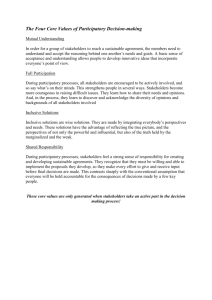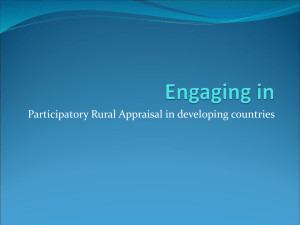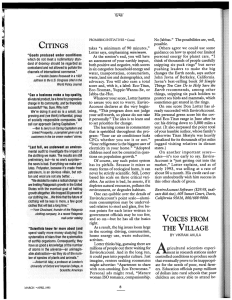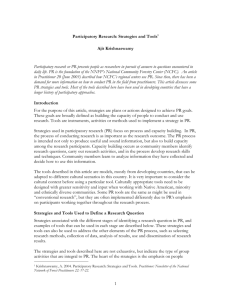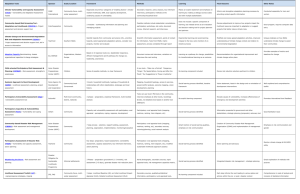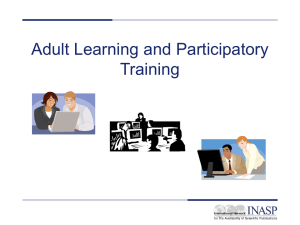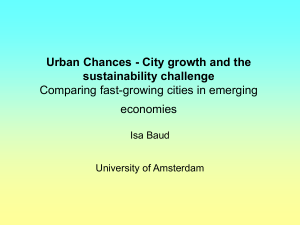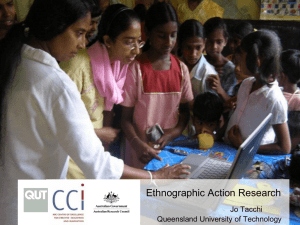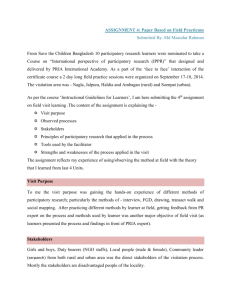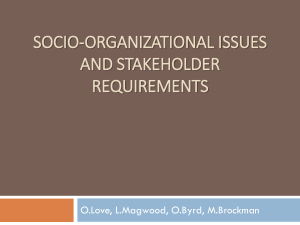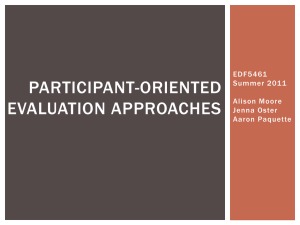principles
advertisement
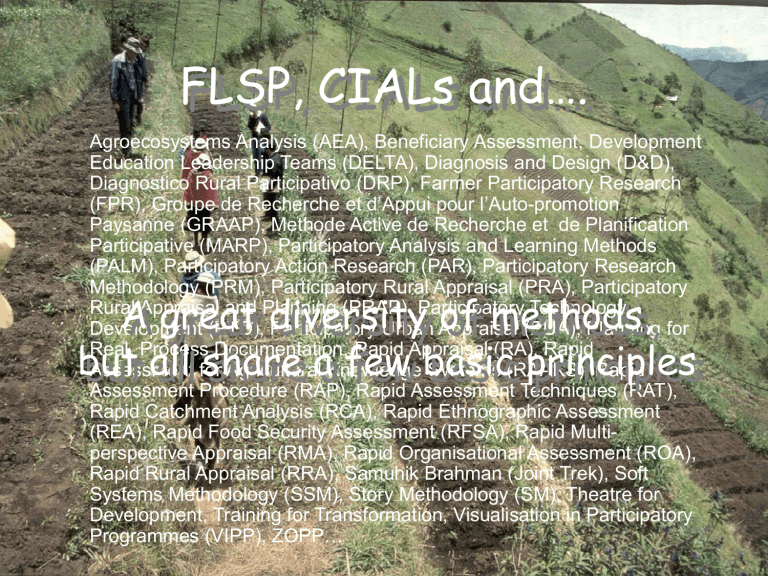
FLSP, CIALs and…. Agroecosystems Analysis (AEA), Beneficiary Assessment, Development Education Leadership Teams (DELTA), Diagnosis and Design (D&D), Diagnostico Rural Participativo (DRP), Farmer Participatory Research (FPR), Groupe de Recherche et d’Appui pour l’Auto-promotion Paysanne (GRAAP), Methode Active de Recherche et de Planification Participative (MARP), Participatory Analysis and Learning Methods (PALM), Participatory Action Research (PAR), Participatory Research Methodology (PRM), Participatory Rural Appraisal (PRA), Participatory Rural Appraisal and Planning (PRAP), Participatory Technology Development (PTD), Participatory Urban Appraisal (PUA), Planning for Real, Process Documentation, Rapid Appraisal (RA), Rapid Assessment for Agricultural Knowledge Systems (RAAKS), Rapid Assessment Procedure (RAP), Rapid Assessment Techniques (RAT), Rapid Catchment Analysis (RCA), Rapid Ethnographic Assessment (REA), Rapid Food Security Assessment (RFSA), Rapid Multiperspective Appraisal (RMA), Rapid Organisational Assessment (ROA), Rapid Rural Appraisal (RRA), Samuhik Brahman (Joint Trek), Soft Systems Methodology (SSM), Story Methodology (SM), Theatre for Development, Training for Transformation, Visualisation in Participatory Programmes (VIPP), ZOPP… A great diversity of methods, but all share a few basic principles Principles of good practice in PR Farmers are involved Site selection in decision-making at Diagnosis Planning every stage Experimentation Evaluation Analysis Feedback Monitoring and evaluation Socialise lessons learned Principles of good practice in PR The research is based on a clear common agenda or set of priorities defined jointly by farmers and researchers and based on principles of social equity Principles of good practice in PR The research draws on multiple sources of information and methods and links together various knowledge worlds Principles of good practice in PR The research Focus group Village Planning Testing andMeeting evaluating options process is based on cyclical learning and Integrating solutions on farms FLSP feedback loops and other farmers there is two-way Reaching in the village Searching for options to test Sharing with other villages sharing of Select a focus-group Agreeing on issues information among Selecting villages farmers and researchers Principles of good practice in PR The research process is based on Evaluation cyclical learning and Experimenting CIAL Planning feedback loops and Analysis there is two-way Diagnosis sharing of Election information among Feedback Motivation Select farmers and Train region researchers facilitators Principles of good practice in PR The research process is based on cyclical learning and feedback loops and there is two-way sharing of information among farmers and researchers Integral elements of PR Processes Click the back button on your browser to return to the main menu Sources: Braun, Horne, Vernooy & McDougall, Ashby, CIAT-IPRA
